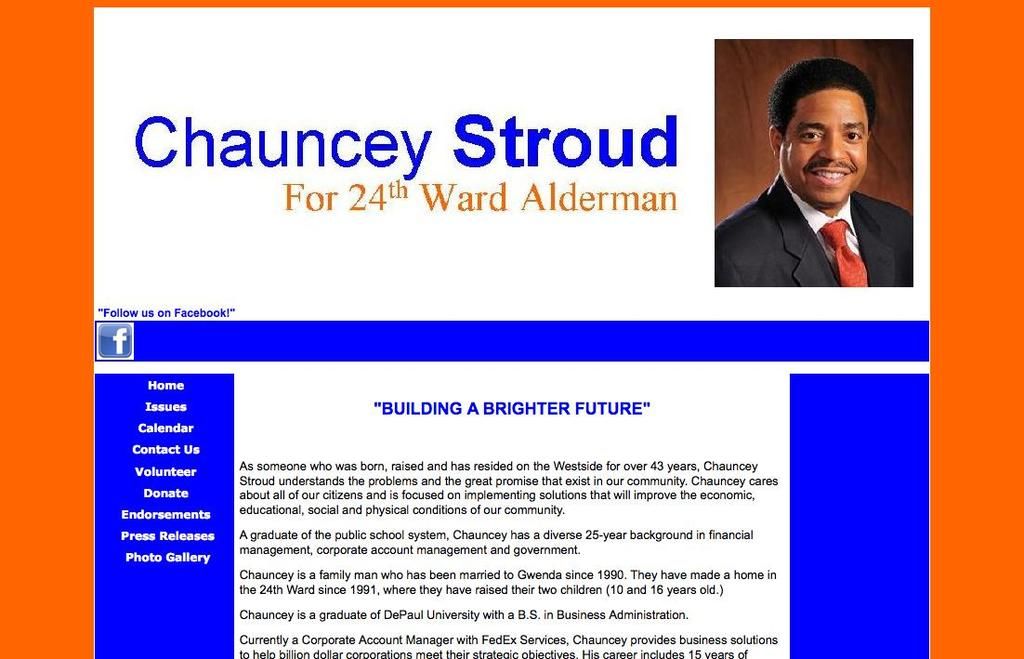Court in Mumbai orders domain registrar GoDaddy to notify food delivery service Swiggy whenever a domain name containing the mark "Swiggy" is registered; Denies widespread injunction.
Bundl Technologies' Legal Tussle: A Deep Dive into SWIGGY Trademark Infringement and Domain Name Disputes
In a recent turn of events, Bundl Technologies Private Limited, the rightful proprietor of the trademark SWIGGY, took the Bombay High Court into confidence over some shady practices by a few Defendants purportedly luring innocent individuals with false promises of onboarding them onto the SWIGGY Instamart platform. Suspiciously, these Defendants were believed to be illegally using the infringing domain names "btpl.info" and "swiggyinstamart.co.in." GoDaddy, the domain name registrar, found itself in the hot seat alongside these cunning Defendants.
Dated 29 November 2022, the Bombay High Court issued an ex-parte relief in favor of Bundl Technologies, commanding GoDaddy, among other things, to refrain from registering any domain names incorporating the trademark SWIGGY without prior authorization from the Plaintiff, until the hearing and disposition of the suit.
Feeling burdened by this order, GoDaddy lodged the present application, stating that this decree could not be executed for two primary reasons:
(i) The underlying technology governing domain name registration is fully automated, with no room for human intervention, making it impossible for the Domain Name Registrar to evaluate the legitimacy of a domain name selected for registration by a prospective Registrant.
(ii) The order thwarts the law's requirements since, although a registered trademark holder possesses rights in rem, any infringement or passing-off action is, by nature, a right in personam. A dynamic injunction cannot be imposed on parties who have yet to be identified.
The Court recognized the dubiousness in GoDaddy's concern that technically enforcing the said condition was inconceivable. The Defendant would need to employ a different algorithm and might have to shoulder some financial burden as a result.
Regarding the legal matter at hand, the Court concurred with GoDaddy's stance that a claim for infringement is inherently a right in personam and not in rem. The Plaintiff, alleging SWIGGY trademark infringement, must request remedies in the context of specific instances of infringement, pertaining to individuals against whom the Court can issue orders. The Court held that for each instance of infringement, the Plaintiff would need to approach the Court, even though this might be an arduous task.
Despite this, the Defendant was instructed to keep the Plaintiff informed, via an ad-interim direction, each time a domain name registration is granted through the registrar's automated registration process, containing the registered trademark "SWIGGY."
Unraveling Domain Names and Trademark Law
Domain name registration operates on a global scale, with registrars accredited by the Internet Corporation for Assigned Names and Numbers (ICANN). The vast majority of domain name disputes are settled through the Uniform Domain-Name Dispute-Resolution Policy (UDRP), which empowers trademark owners to challenge registrations believed to violate their rights. Trademark infringement cases are typically handled under national laws, such as the Lanham Act in the United States, providing legal mechanisms for trademark owners to safeguard their marks against unauthorized usage.
In recent times, automated processes have gained traction for managing domain name registrations and trademark enforcement. These include automated domain name monitoring and trademark enforcement systems, designed to recognize potentially infringing registrations and alert companies accordingly.
Ex-parte injunctions are court orders issued in lieu of the opposing party's presence. These orders can be employed in domain name and trademark disputes to swiftly halt the presumed infringement before a full trial, provided there is an urgent need to prevent significant harm. However, these are usually issued only in extraordinary circumstances.
The court recognized that the automated domain registration system leaves no room for human intervention, making it impossible for domain name registrars like GoDaddy to evaluate the legitimacy of a domain name before registration. Moreover, in the context of trademark rights, while a registered trademark holder has rights in rem, the Plaintiff should approach the court for each instance of infringement to request specific remedies against identified individuals.








